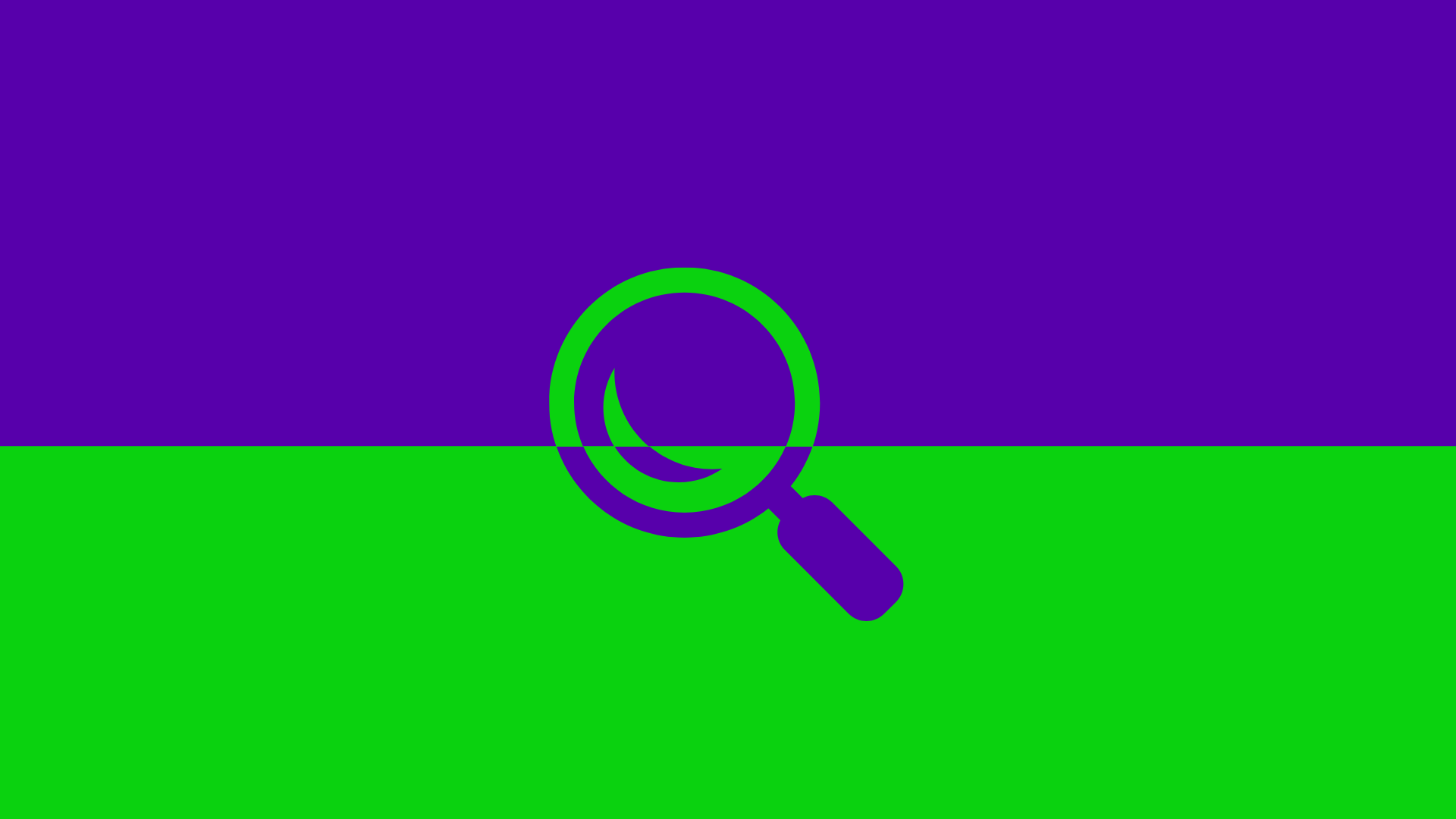Ethereum layer-2 scaling protocol Starknet began distributing its native network token on Feb. 20, with millions of tokens claimed upon the launch of the provisions portal.
Real-time data tracking the claims reflected that eligible users had secured more than 45 million STRK tokens in the first 90 minutes of the allocation. The token also began trading across a number of major exchanges.
STRK traded at over $7 following its listing on Binance and surpassed $5 on KuCoin as the tokens entered the wider cryptocurrency ecosystem. Data from CoinMarketCap showed STRK trading between $3 and $4, with its market capitalization valued at over $2.1 billion.
Over 1.3 million wallets are eligible to claim Starknet’s native token, including those of Ethereum solo and liquid stakers, Starknet developers and users, as well as projects and developers from outside the Web3 ecosystem.
The Starknet Foundation has published an outline of its token provision alongside the launch of a dedicated portal that allows individuals to check their eligibility and receive STRK tokens. More than 700 million STRK tokens are set to be allocated across nine categories and are set to be used for governance and transaction fees. Starknet plans to roll out staking of STRK tokens in the future.
Starknet is among Ethereum’s major L2s that pioneered zero-knowledge (ZK) rollup technology. The protocol allows transactions and smart contract functions to be processed off-chain, with cryptographic proofs submitted to Ethereum to access the security guarantees of its underlying blockchain.
Related: Starknet to hand 10% of network fees to devs, with $3.5M in first distribution
The layer-2 scaling protocol has also addressed concerns raised by Starknet and Ethereum community members over the eligibility criteria for the STRK airdrop. As Cointelegraph previously reported, Starknet’s active users climbed in recent weeks as prospective STRK recipients and airdrop farmers looked to become eligible for the campaign.
An announcement from Starknet following the launch of the provisions portal noted feedback from community members and network users that felt “overlooked due to certain Provisions criteria.” The Starknet Foundation added that it was working on a resolution for users who were not deemed eligible.
The wider cryptocurrency ecosystem has also been warned to be cautious of scams and malicious links.

